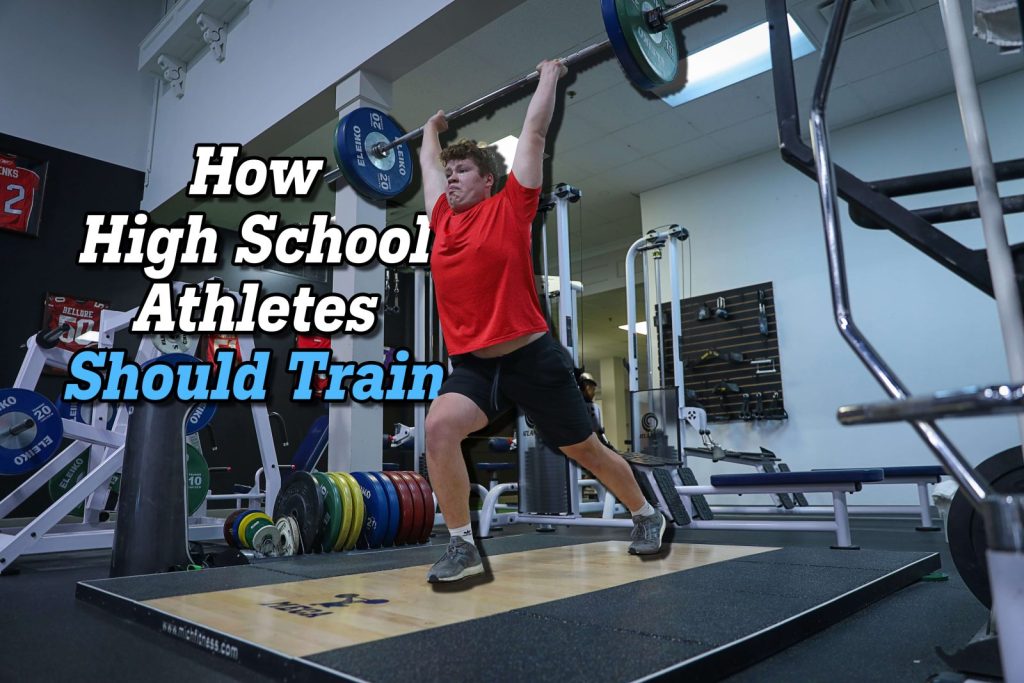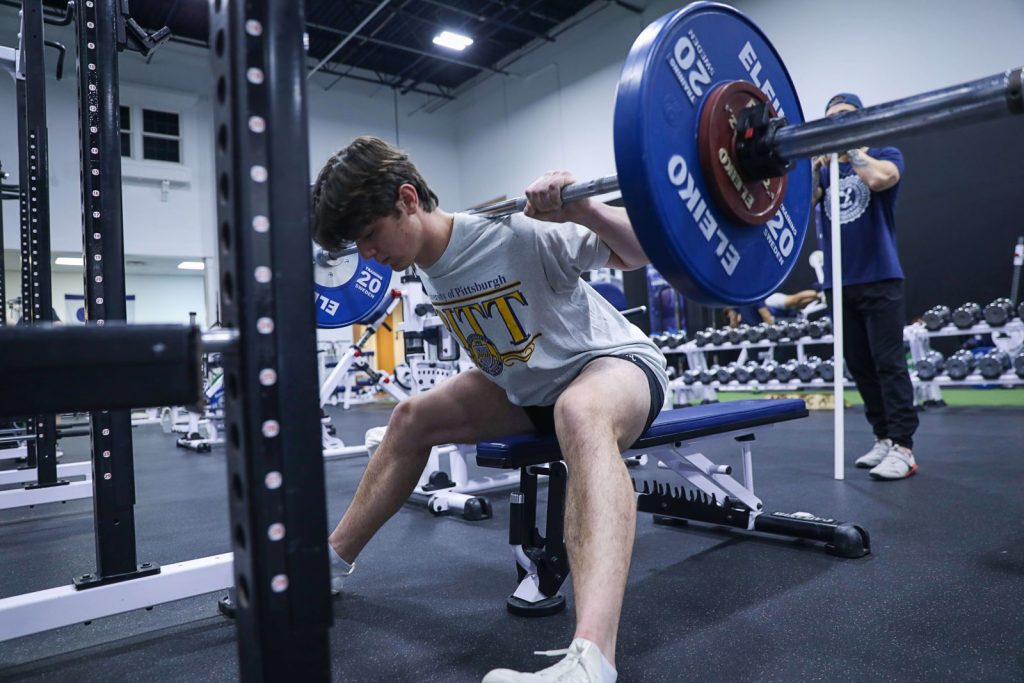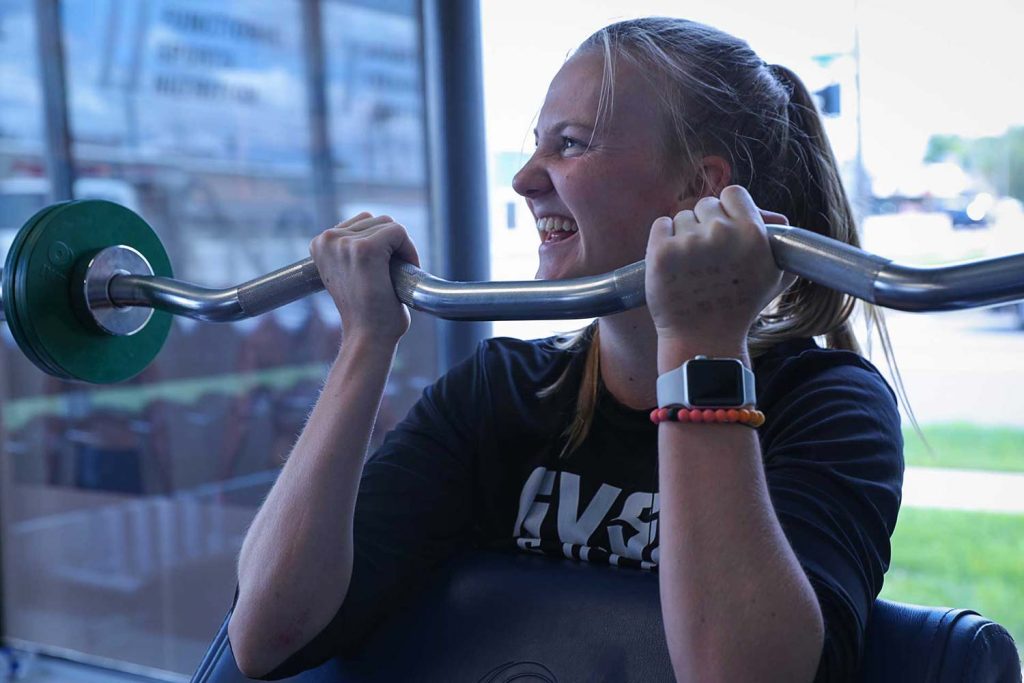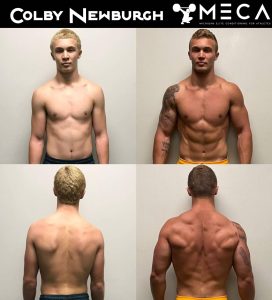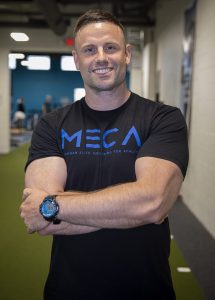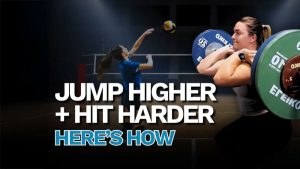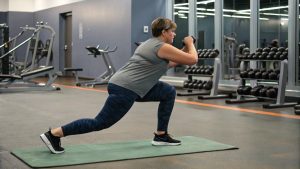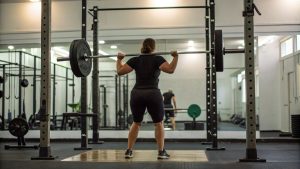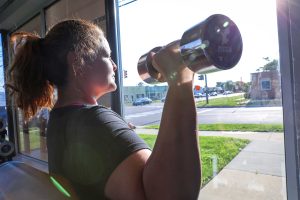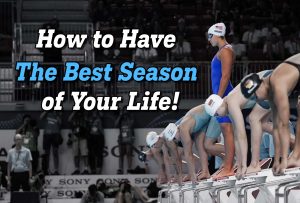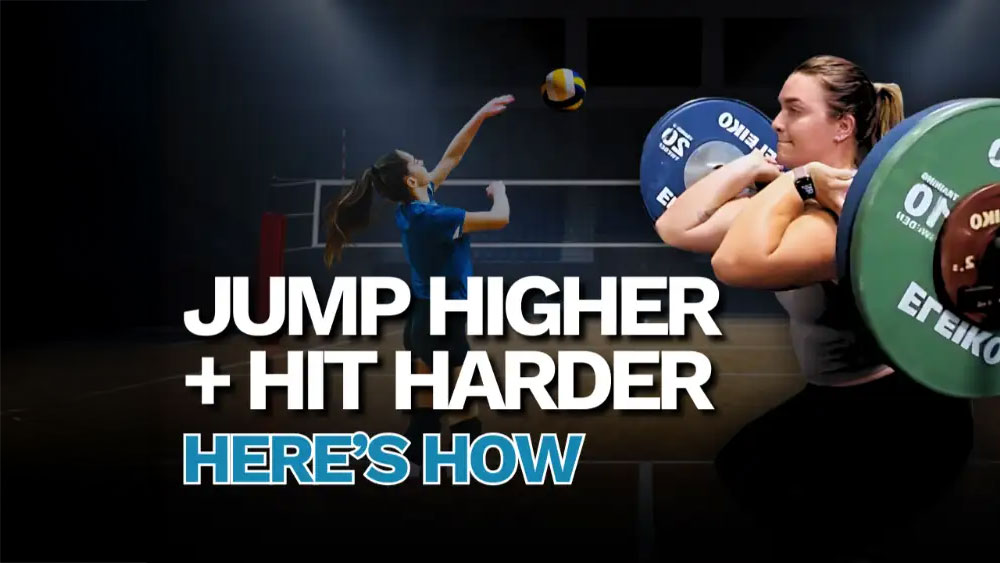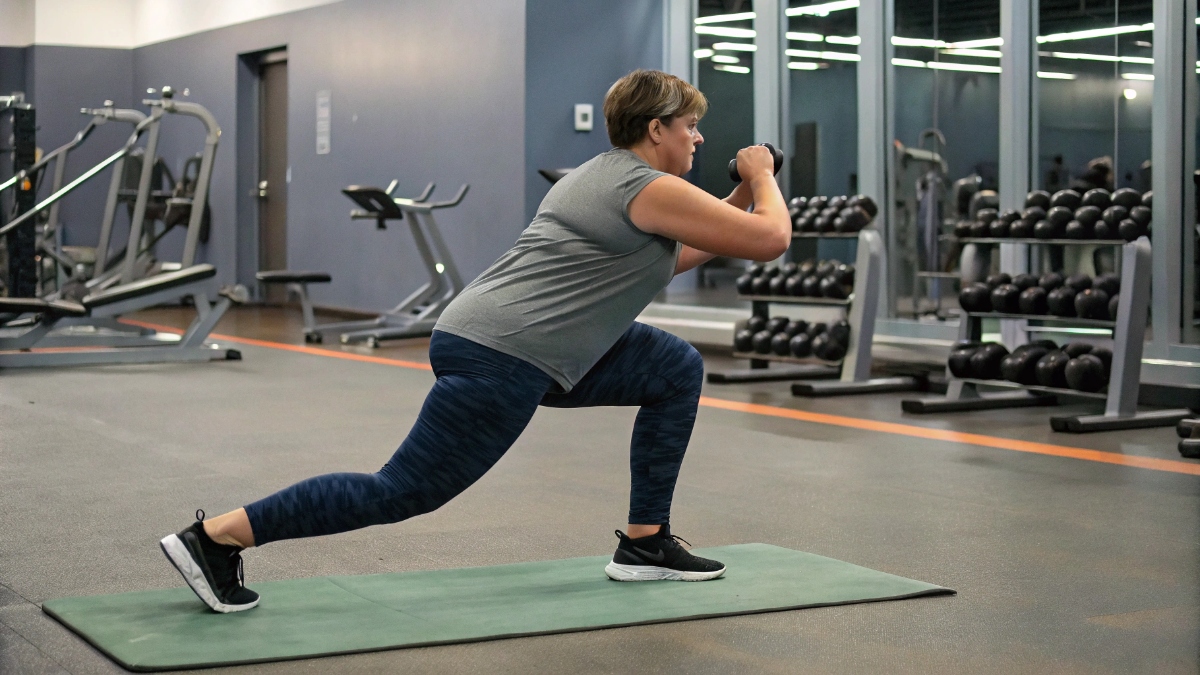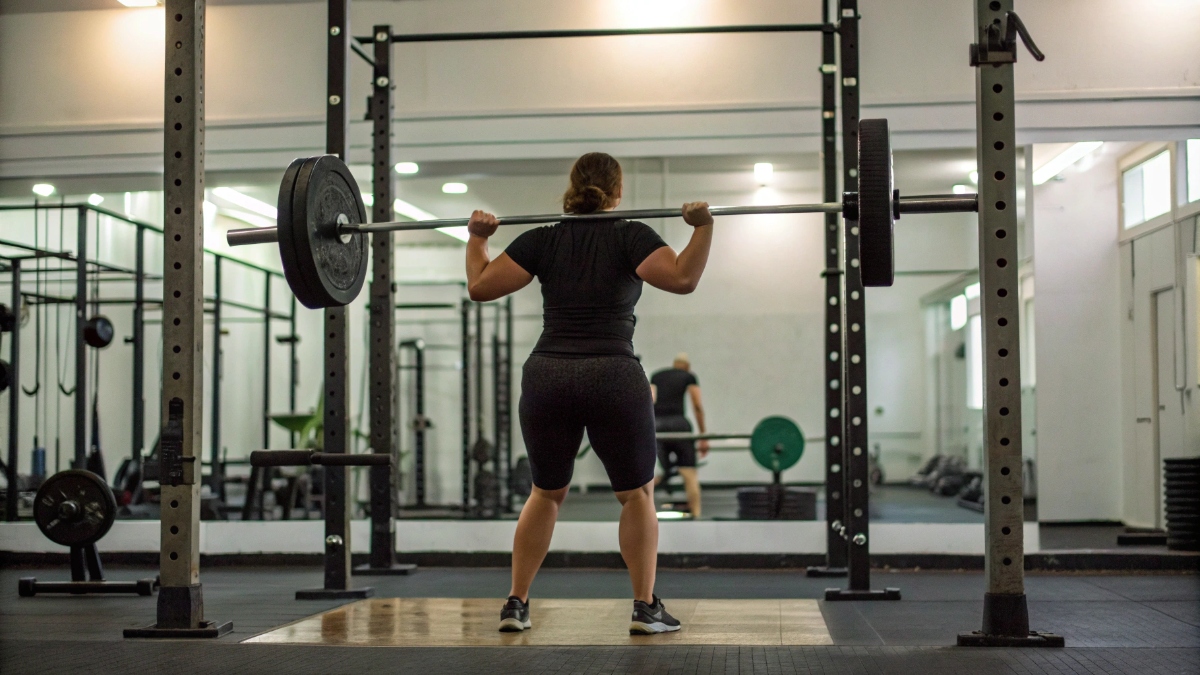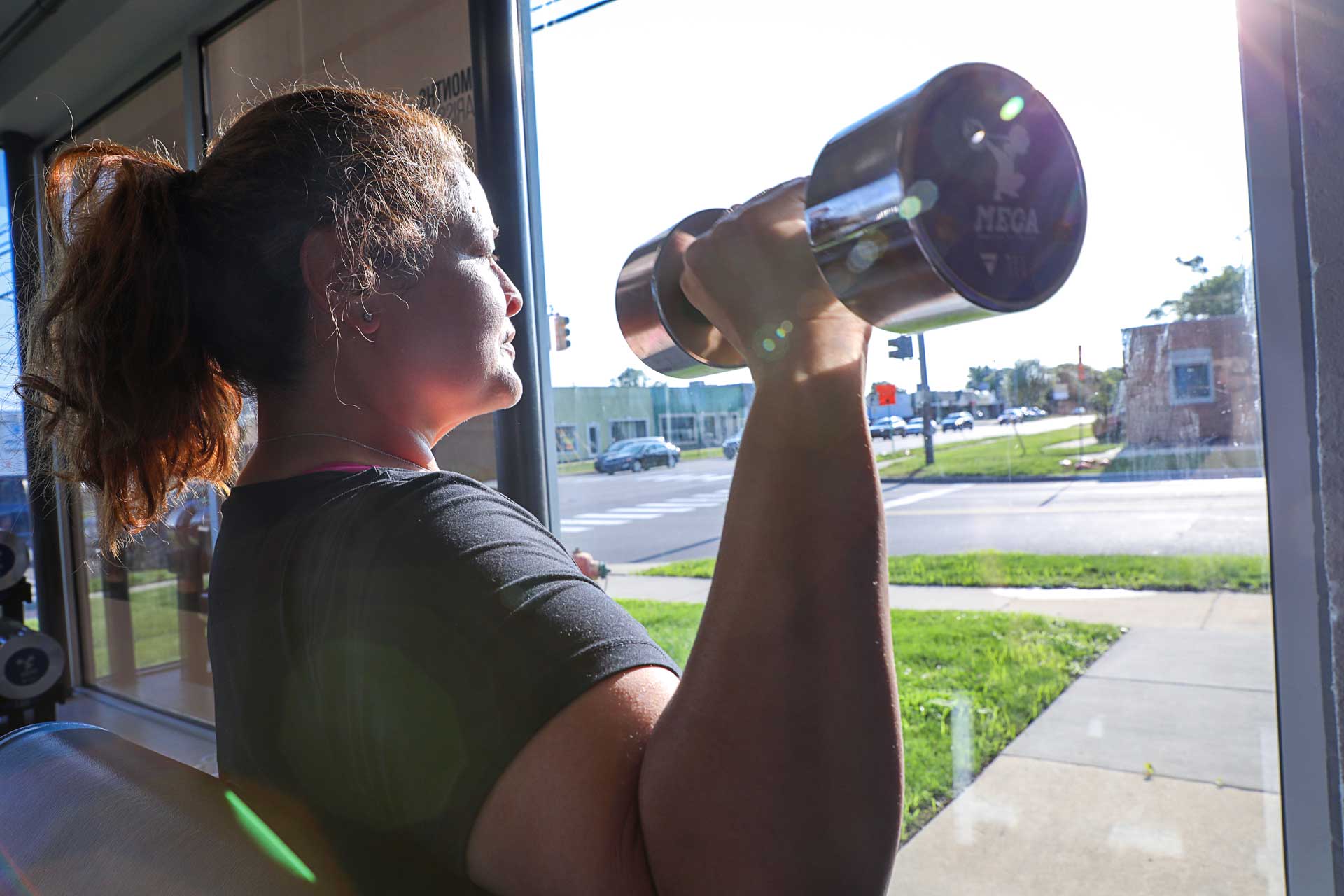When I was growing up, I was obsessed with football.
This most likely stemmed from me wanted to be just like my dad as a little kid. My dad, Dave Lawrence Sr. was inducted into the Michigan High School Football Hall of Fame 4 years ago and was the winningest coach at my high school, Mattawan H.S. about 10 miles west of Kalamazoo. My love for football turned into and obsession so much so that in 2nd grade, the school had me examen for ADD because I couldn’t focus on anything but football – math wasn’t important – science, forget it. The only way I learned to read was because I wanted to know more about the history of football. Fast forward to my high school years where I was able to play for my dad at Mattawan where I went on to have a so-so career. This was incredibly disappointing. While I loved the game and was able to go on and earn a division I scholarship at Central Michigan University, I never felt like I reached my potential in the sport that I loved so much.
After my college career was over, multiple injuries and setback that also hindered my ability. I felt like I had a calling to help athletes get better hands-on training than I did, specifically high school athletes who have a very short career. And with the right program, you can make an incredible difference. There is a gap in training for high school athletes and it is one on one, individualized attention that helps them achieve their potential in the sport they love.
Here are the five things I wish I would have known when I was a high school athlete that would have made a massive difference in my ability and performance on the field. And these things are exactly what we teach our athletes that train with us at MECA.
1. Having a solid sleep routine
– most high school athletes sleep between 6-7 hours a night and binge sleep on the weekend. This is not conducive to being successful in academics, in sport, or for mental health. Why do some athletes progress faster and go farther than others? Many people think its genetics, but genetics are set and there is not much you can do about that. But the ability to progress, develop, and increase your skill in sport is dramatically enhanced by quality sleep, which is getting 8-10 hours every night. If you’re an athlete who wants to excel, always be asleep and in bed by 10pm (this is non-negotiable if you want to increase your ability) – If you are Kobe Bryant obsessed, its 9pm. There is no training or performance enhancement anything that can make up for consistent sleep.
2. After the age of 14, prioritize strength training over speed and agility work.
Strength is the “mother of all physical qualities.” To improve speed in team sports, acceleration and the ability to overcome inertia are the two primary athletic qualities that will enhance your play on the field or court. The ability to accelerate over 10 yards is one of the greatest predictors of success in athletics. To run faster, you need to get stronger. It is usually the physical quality that is missing in athletes who are looking to improve their ability. Another bonus that most people don’t realize when it comes to “sport specific training” is that the shorter distance or duration of the sport, the stronger the athlete needs to be. If you’re playing a sport like football or volleyball you need to have greater levels of strength than if you’re playing a sport like cross country or tennis which are longer in duration.
One of the greatest impacts to getting stronger is finding a strength and conditioning coach that can give you individualized attention and focus. This will allow them to write you a specific plan to help you for your sport. People aren’t robots, everyone is different and having an individual plan is really the separator between great results and doing strength training to check a box. Most of our high school athletes who train with us will make more progress in speed and strength in 3 to 4 months, than they have in the last 3 years because of 4 distinct reasons.
- Initial evaluation and Individualized program design
- Individual attention – every session is completely one on one
- Consistent monitoring which ensures safety and proper technique
- Accountability and coaching to live a proper lifestyle to achieve great results
3. Eating breakfast
– the majority of high schoolers don’t eat breakfast. This has a large negative impact on learning and performance. For athletes it’s important to eat a basic breakfast every day before they go to school. Based on the nutritional intake forms we receive from our kids, its apparent that most high school athletes are underfed and under nourished for the academic and athletic endeavors they take on. Eating the right breakfast consistently will have a massive impact on cognitive focus, energy, and physical wellbeing. I would recommend a breakfast that is high in protein (like beef, eggs, fish) and add whole foods like fruits and vegetables. This will give young athletes the basic raw nutrients needed to play and perform at their very best. A lot of parents complain that they are in a rush and it’s hard to feed the kids before they get out the door. In this instance I would look at getting my kids a protein shake with 30-40g of protein over skipping breakfast. Eating breakfast is basic, but its basic because it works and is important. Skipping breakfast consistently will diminish your ability to grow, develop, and have the high level of cognitive focus needed to excel in sports.
4. Stretching and improving flexibility
– this is very overlooked, but having optimal flexibility will help you 1) run faster 2) jump higher 3) reduce the risk of injury 4) improve conditioning and repeated efforts delaying fatigue. Stretching is overlooked because it’s not seen as “fun or challenging” but it is something that if done correctly will improve your physical ability and output. At MECA, we have come up with a simple stretching and flexibility routine that you can follow here. We recommend 3-5 stretches a night holding for 1 minute each stretch. You will see a big changes in your flexibility in 1-2 months if done consistently.
5. Hydration
– Again, many athletes are chronically dehydrated. With dehydration motor learning decreases as well as strength and power. You might have an athlete work hard in the off season to prepare their body for sport and competition, but if they are not properly hydrated, they will be unable to realize the abilities and physical qualities that they have developed through training.
Athletes should drink .5oz of water per pound of bodyweight. If an athlete weights 150 pounds, they need to drink 75oz of water. However, if they are engaging in activity, that requirement goes up roughly to an additional 24-30 oz of water per hour of exercise. To add to this, hydration isn’t just about gulping as much water as possible. It’s also important to have some electrolytes in the water. Cwench Hydration is a sports drink with no sugar or artificial flavors, and it has all 6 electrolytes. It tastes great which helps with compliance in taking the product. Having adequate electrolytes in our system allows the water to be absorbed into the cells, which helps us retain water and various nutrients for proper hydration. Electrolytes are an essential component to performance and long-term health. So simple, but big impact.

Quick Recap:
- Sleep 8-10 hours a night
- Eat Breakfast Daily
- Prioritize Strength Training over Speed Training (4x a week is optimal)
- Flexibility Training or static stretching 5x a week for 15 minutes
- Hydration .5oz per lb of body weight and add with exercise
With Gratitude and Love,
P.S. If you know an athlete or a parent of an athlete who you think could benefit from this article please feel free to forward it to them and share it!
P.S.S If you want to book an Assessment link here – contact form

